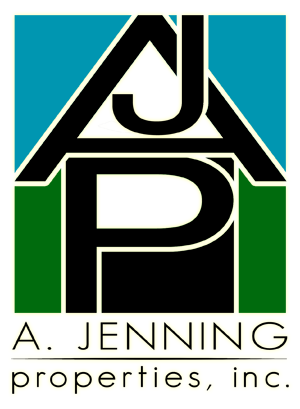One of the things that bothered me most working in this field is that every company I worked for had at least one practice or policy that I found highly deceptive or unethical. I make transparency and ethical business practices among my highest priorities for my community clients.
YOUR COMMUNITY’S MONEY ISN’T COMMINGLED
If your assessments are paid to the name of your management company, not your association, and you don’t receive copies of bank statements for all accounts with your financial reports, you should start asking your manager some tough questions. There’s a chance they’re commingling funds, and the risks are immense. They could be skimming interest off the funds. They could make mistakes that allow communities to overspend their funds and tap into the funds of others. They could cover up mistakes through manipulating financial reporting. They could be acting more nefariously than “mistakes”, as has happened in Missouri before when a manager ran off with hundreds of thousands of dollars of their clients’ funds. When funds are commingled you are 100% reliant upon the manager to produce accurate and honest financial reports. You have no way of knowing if they aren’t.
With my company your accounts will be held in bank accounts specific to your community and bearing your association’s name. I will be the signer on the account, so you won’t have to make the deposits or sign off on all of the checks. But with every financial statement you’ll receive a copy of the bank statements to ensure my reporting accurately matches the bank’s. I can’t make a mistake or act nefariously with your community’s money because the discrepancy would be obvious with every financial report.
NO HIDDEN CONFLICTS OF INTERESTS
One of my previous employers and now competitors has an insurance broker they prefer their clients to work with. In the event of a disaster, they have a restoration company they prefer their clients work with. There is a specific out-of-state bank they require all of their clients to keep their operating funds with and prefer they establish their reserve accounts there as well. They also have a company that processes all of their resale documents. None of this is necessarily out of the ordinary, and I have a few similar contacts myself. But what isn’t apparent on the surface is that all of these companies, even the bank, are owned in full or in part by that same management company. The potential for conflicts of interests should be obvious for the management company, yet their community clients are often in the dark on this.
Your management company has a fiduciary and agency responsibility to your community first and foremost. Having subsidiaries of their company that provide certain services can be a convenience and a cost-saver. But if comparable options for independent companies that perform the same services aren’t being given equal consideration and, worse, if they don’t disclose their relationships with these subsidiaries, they are failing in their fiduciary and agency responsibilities to your community. I have no such conflicts of interest or hidden skimming operations. When you ask for my recommendations in these circumstances, you will get multiple recommendations based on my positive experiences with these companies. If there is a company I work exclusively with, it’s based on positive experiences for my clients and not hidden ownership or illegal kickbacks. My only incentive when providing guidance is what is in the best and direct interests of my community clients; not my own bottom line.
I DON’T PLAY “GENERAL CONTRACTOR”
One of the advantages of having a management company is the ability to tap into their relationships with quality contractors and enjoy volume-based discount pricing on the work they perform for your community. All of that advantage is lost and the potential for conflicts of interest is ripe when management companies charge a percentage for themselves and act as a general contractor.
I don’t charge a premium on work performed by the contractors I work with. Leveraging my relationships with contractors and enjoying the benefits of the volume-based pricing I receive is part of what I owe you for the management fee you’ll pay me. When I introduce a contractor to fulfill a certain need, the board will sign the agreement with that contractor directly. It’s my job to be a valuable middleman, not to try to skim off the top from communities that trust me to act in their best interests.



